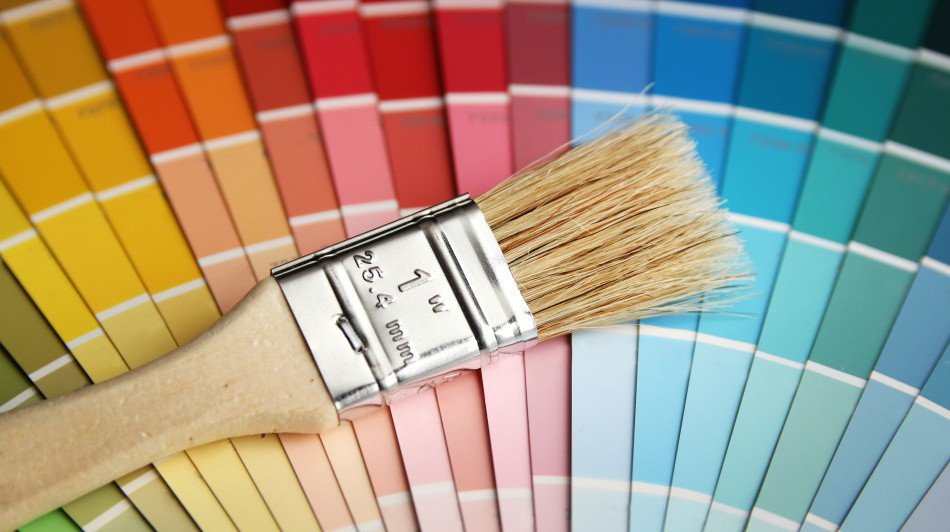Picking paint colours is difficult. Very difficult. You have to think about what it will look like with your furniture, with the amount of light in the room, and at different times of the day. A wrong selection is an expensive and time-consuming error.
Whoever thought of the system to name paints was obviously not a numbers person. Numbers are easy. You learn to count from an early age and can envision “one more”, especially if someone gets one more than you. As you get older, you learn about decimals and the tiny changes you can make from one number to another.
In our younger years, we knew the colours in our basic crayon box: yellow, orange, red, green, blue, purple, brown and black. And no matter what colour we saw, we classified it in one of those eight categories. That system was simple and we were comfortable.
As adults, we face trying to select paint colours from a rainbow of swatches with cute names that are, to me, a real mystery. For instance, what would you call the paint colour between “Rugged Tan” and “Tribal Pottery”? The names don’t really help when you place the swatch against your wall and wonder, “Does this taupe look green?” You never see paint colours named, “Rugged Tan without a hint of green” to help your decision.
Are paint companies trying to psychologically play us? Were focus groups used to create these names to influence you so you might buy Behr brand over Sherwin Williams? Does paint with the name “Little Bow Pink” statistically sell more than “Wild Geranium” for a little girl’s room? Does anyone really want to paint anything with “Submarine Gray” other than a submarine?
We learned as children that colours are all made of a combination of blue, red and yellow. And we know that computerized paint mixers make colours with a series of numbers dependent on the ratio of those colours. For a better system, we should have a computer program that produces colours ever so slightly different from existing ones by adjusting these numbers. I say take the cute names out of the equation and allow the artistically-challenged members of the public paint by numbers.
Dianne Pinder





